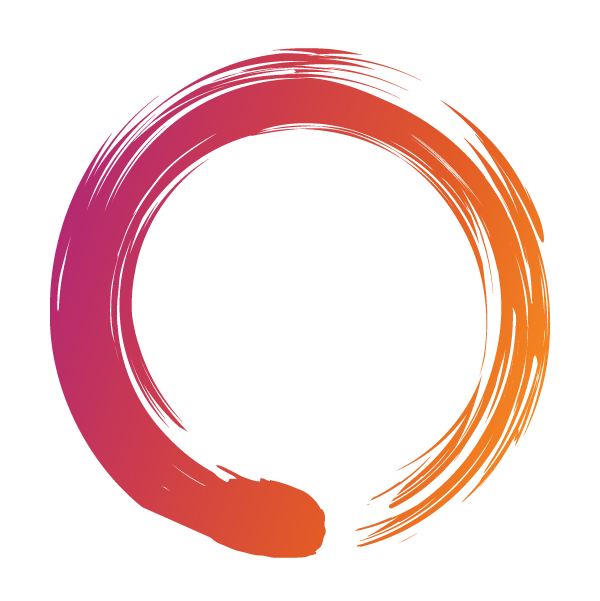We are thrilled to have Daniel Pink host our 40th Anniversary Gala on March 11. Daniel is an author, TedTalk legend (15 million views), and dance dad. Daniel has keen insight into JOMDC, Dance is for Everyone®, and the impact of dance. We are honored to share this milestone evening with Daniel, because he really gets us. After watching his daughter train through our programs, Daniel saw first hand, the complexity of dance. We’re sitting down with Daniel to ask him about milestones, right brain thinkers, and how JOMDC motivates people to be great.
Don’t miss your chance to support local dance programs – buy tickets here!
40 is a major milestone, often people describe great awakenings and a new found professional and personal confidence. What “ah ha” moments followed your 40th?
40 is a great birthday. You’re old enough to have a deeper sense of who you are — but you’re young enough to be able to imagine all kinds of possibilities for your future. As for me, I actually can’t remember how I spent my 40th birthday. But if I had to guess, it probably involved driving a kid somewhere or explaining to an editor why I was late on a piece of writing!
What has surprised you the most about the power of dance – the impact of JOMDC?
As a writer who previously knew nothing about dance, I was surprised by how much people can express without using words or images, but simply with movement. What’s more, less in the realm of being surprised and more in the realm of being impressed, I really respect how much discipline dance requires.
The motto of the Youth Dance Ensemble is Strong Minds. Strong Bodies. We like to say that we don’t just teach people how to dance, we teach students how to think. The choreography process requires problem solving, we ask big questions about meaning and purpose, and often work as a team, all while creating a piece of dance. Just people making shapes with their bodies through space and time. Both sides of the brain are activated through the process of making a dance. Can you talk about why this is important?< You’re right. As I mentioned, I’m a total, complete, 100% dance novice. I truly knew nothing about it before our daughter began dancing. But seeing this art form through beginner’s eyes, I realized very quickly just how much complex, rigorous, and quick thinking dancing requires. More broadly, dancing does challenge the whole mind. And that whole-mindedness is becoming increasingly important in the economy. When I was growing up, SAT and spreadsheet skills — those “left brain” skills — were the be all and end all. Today those skills are still essential. But they’re no longer sufficient. Many of those routine, algorithmic skills can be outsourced or automated. What everyone in the economy needs today are those “left brain” skills — AND the more metaphorically “right brain abilities” like design, storytelling, empathy, and symphonic reasoning. Dance teaches all those things. What’s more, it also builds “non-cognitive” like grit, teamwork, and a growth mindset.
JOMDC believes that dance is for everyone. We use dance as a creative outlet but also as a tool to bring people together, to share culture, and perspectives. How would you describe the benefits of being involved these experiences?
The benefits are huge. Dance is almost inherently collaborative. And in collaboration we learn about excellence and about ourselves. Bringing people together — across the lines of class, race, socioeconomic status, whatever — is also obviously valuable. And dance can do that in a powerful way. Indeed, one of the things that I find most inspiring about JOMDC is its deep commitment to that idea that dance *is* for everyone.
What motivates someone to be great?
There’s no single factor. It’s an accumulation of things. If you look at the research in behavioral science, deep down most of us want the same things. We want some control over our lives. We want to get better at something that matters. We want to have close connections with other people. And we want to know that everything we’re doing has meaning, some kind of purpose. All of that is easy to say. It’s a bit harder to put into practice.
From your perspective, how does JOMDC empower students to be great?
It gives them a chance to learn something really difficult by practicing really hard under the direction of amazing teachers. That’s how people become great at anything.
Want to hear more about Daniel’s thoughts on the right and left brain, making meaning, and the conceptual age? Watch his favorite interview ever from 2008 with Oprah Winfrey in the Soul Series here!
Interviewed by Rachel Pearl, JOMDC Communications and Media Director







